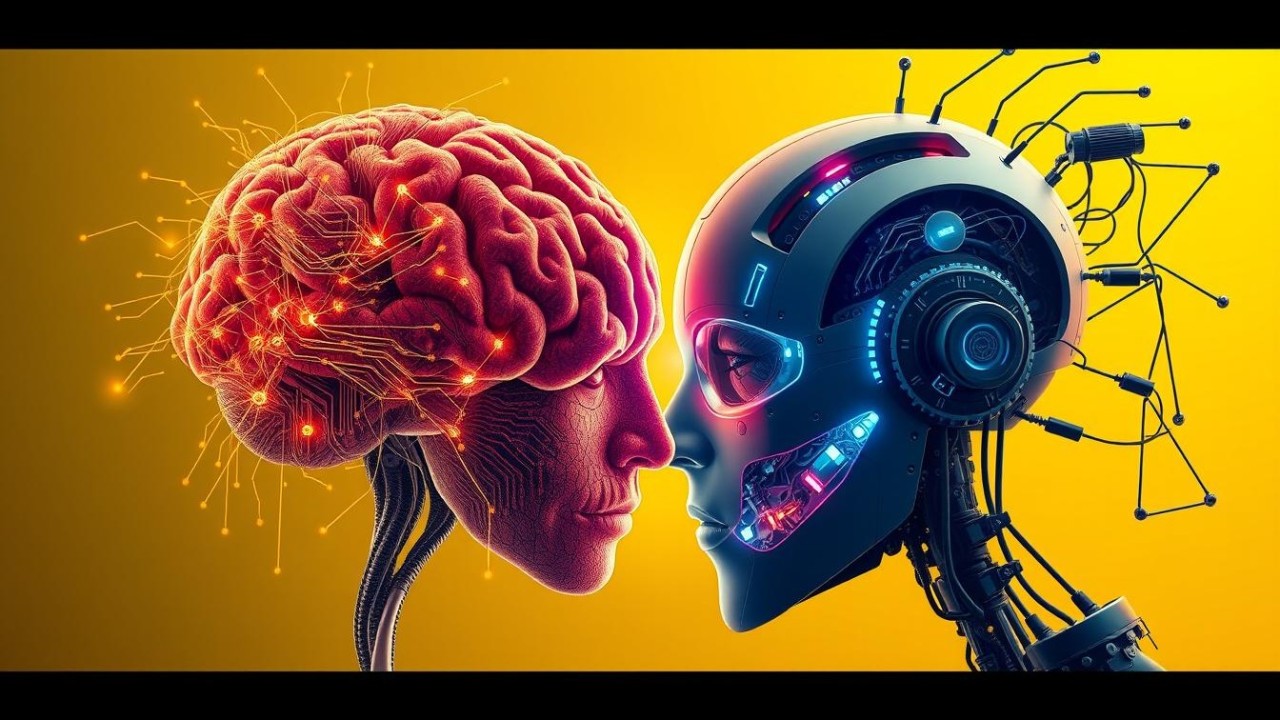
The push to automate everything is undeniable. From customer service to coding, AI is often presented as the ultimate solution that will streamline operations and reduce the need for human experts. It’s a compelling story: imagine AI tools building entire applications and making engineering teams more efficient.
But is that the full picture? As a technologist working daily with the data and workflows of major companies, I see a gap between the hype and the reality. I’ve partnered with industry leaders like General Electric, The Walt Disney Company, and Harvard Medical School to optimize their AI and data infrastructure. My experience has taught me one key lesson: replacing humans with AI in most skilled jobs is still a distant concept, not a current reality.
We might be getting ahead of ourselves. While it's true that some programming jobs have shifted and tech leaders are exploring AI's potential, even figures like Bill Gates and Sam Altman have cautioned against the idea of replacing coders wholesale. Why? Because what AI knows is limited to what it has been shown, and much of that is generic, boilerplate information.
Generative AI models learn from massive datasets. These are typically either public data from the internet or private data created by an organization. This makes AI great at simple, repetitive tasks. Do you need a basic website or a template application configured? An AI model can handle that with ease.
The problem arises when we move to the sophisticated, proprietary code that powers innovative companies like Google or Stripe. This code isn't available in public repositories for AI to learn from. It’s the secret sauce, locked away within company walls and often developed by engineers with decades of specialized experience.
Today’s AI doesn’t have instincts or the ability to reason on its own; it excels at recognizing and mimicking patterns. A friend in the tech industry described large language models (LLMs) as "really good guessers," and that’s a perfect way to put it.
Think of AI as a junior team member. It's helpful for creating a first draft or handling straightforward projects. But just like any junior employee, it requires experienced oversight. For example, while AI can deliver a fivefold improvement for simple coding tasks, I’ve found that reviewing and correcting its more complex work often takes more time than writing the code from scratch.
You still need senior professionals. You need their deep experience to spot subtle flaws and understand how a small error today could become a major risk six months from now.
This isn’t to say AI has no place in your business. It is a powerful tool. However, the dream of replacing entire teams of programmers, accountants, or marketers with a single person and a suite of AI tools is simply premature. We must continue to train junior-level people to develop the technical skills they need to eventually take on more complex senior roles.
The goal shouldn't be to remove humans from the process. This isn't about fear of AI taking jobs; it's about recognizing the real-world dangers of trusting AI too much at its current stage. Business leaders in every industry should be mindful of this. While AI promises cost savings and smaller teams, these efficiencies can backfire if not managed properly. You can trust AI with junior-level work, but not with your most sophisticated and critical projects.
AI is fast, but humans are smart. There is a significant difference. The sooner we shift the conversation from replacing humans to empowering them, the more we will all benefit from what artificial intelligence truly has to offer.